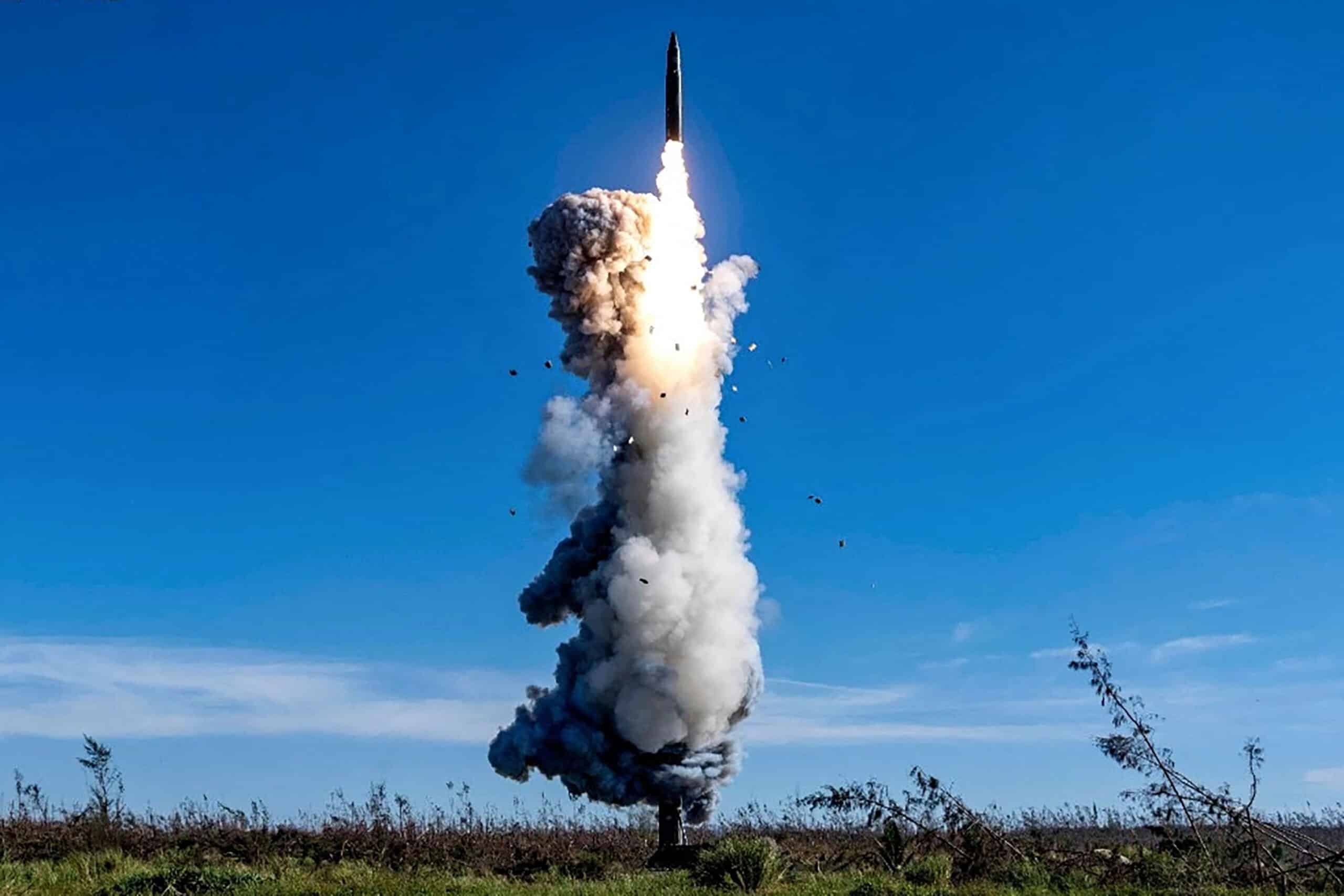China notified France about missile launch in Pacific – Paris

This handout photograph taken on September 25, 2024 and released by the Chinese People’s Liberation Army News and Communication Center on September 26, 2024, shows the Chinese People’s Liberation Army Rocket Force launching an intercontinental ballistic missile carrying a dummy warhead into the Pacific Ocean, at an undisclosed location. Agence France-Presse
PAPEETE, France — China notified France before test-firing a long-range ballistic missile into the Pacific on Wednesday, authorities in French Polynesia said, adding that the weapon had landed not far from its exclusive economic zone.
The missile test, which China’s defense ministry said was carrying a dummy warhead, was its first such exercise in decades.
“The Chinese authorities previously notified their French counterparts of this test,” the French High Commission said in a statement, adding that France would make its position on the test known.
READ: China tests ICBM; PH hopes to keep US missile launcher
French Polynesia President Moetai Brotherson earlier told AFP that “the missile fell not far from… the Marquesas Islands”, an archipelago that is part of its exclusive economic zone.
Article continues after this advertisementBeijing has stepped up its nuclear development and boosted defense spending in recent years, with the Pentagon warning last October that China was developing its arsenal more quickly than the United States had anticipated.
Article continues after this advertisementChina held more than 500 operational nuclear warheads as of May 2023 and is likely to have more than 1,000 by 2030, the Pentagon said.
READ: West PH Sea: China says tested ballistic missile with ‘dummy warhead’
Beijing’s defense ministry said the intercontinental ballistic missile (ICBM) had carried “a dummy warhead… and the missile fell into expected sea areas” on Wednesday.
It also said that the firing was a “routine arrangement in our annual training plan” and “not directed against any country or target”.
The United States said it received “some advanced notification of this ICBM test,” describing this as “a step in the right direction” that helps prevent “misperception or miscalculation.”
But the launch sparked protests from countries in the region, with China’s neighbor Japan saying it had not been given advance notice.
Australia said it was seeking “an explanation”, while New Zealand calling the launch “an unwelcome and concerning development”.